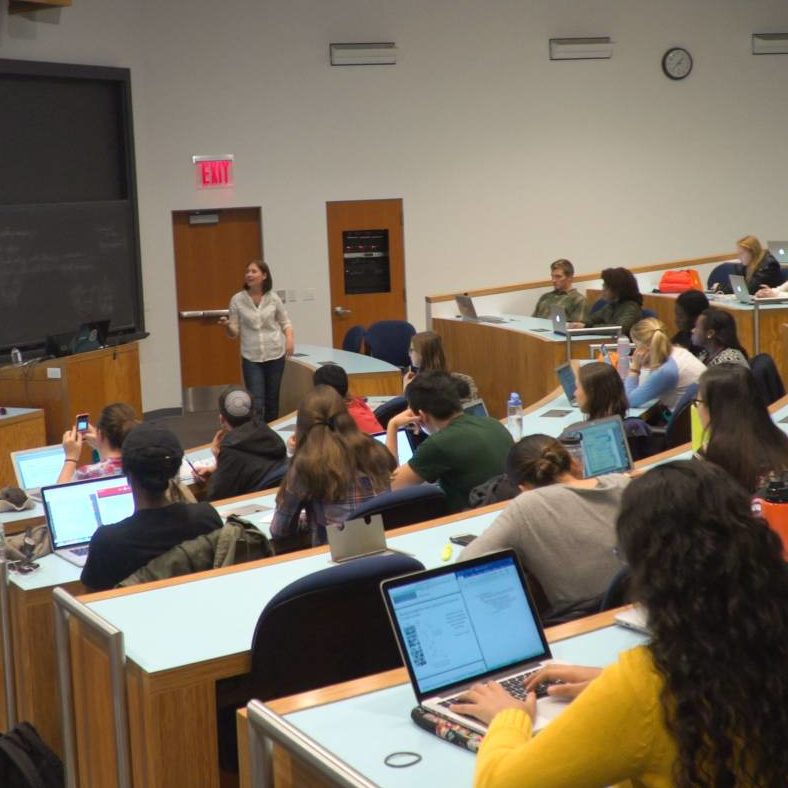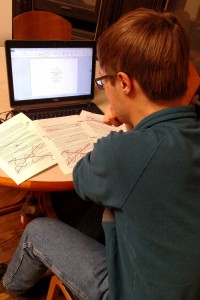
As we are all undoubtedly aware, another break is coming up. Thanksgiving break, actually! Excitement is in the air as cherished plans for relaxation and the celebration of gratitude inch ever closer. Whether you’re going home or sticking around campus, I’m sure you’re looking forward to this break as much as I am.
There’s just one problem: right on the other side of this break are the final three weeks of the fall semester. And if your course schedule is anything like mine, those will be three rather busy weeks! So, with break coming up and the final pre-winter break sprint right behind it, this is a perfect time for you, me, and everyone in between to come up with a game plan for what’s ahead. Continue reading Planning Ahead for a Balanced Break






